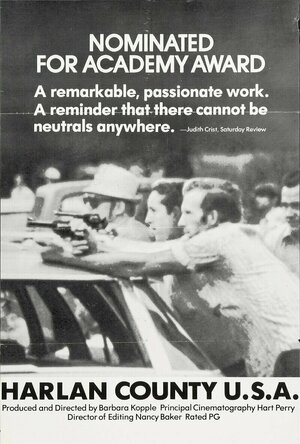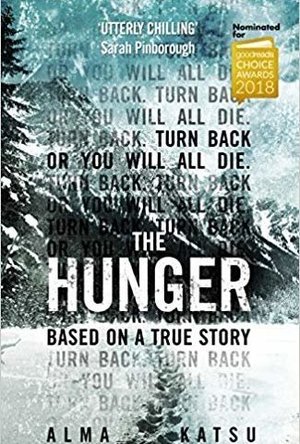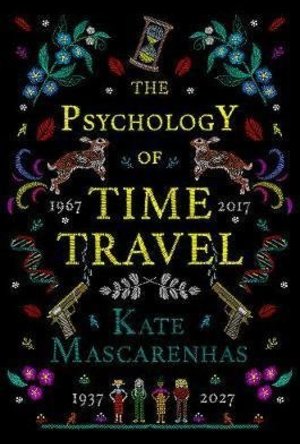Expressionism
Book
Anxious angles: The pioneers and masterworks of -degenerate- ExpressionismGerman Expressionists were...
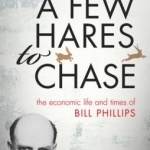
A Few Hares to Chase: The Economic Life and Times of Bill Phillips
Book
The Phillips Curve is world famous amongst economists. The man who invented it was an inventor, an...
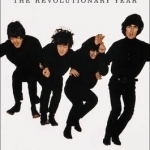
Beatles '66: The Revolutionary Year
Book
A riveting look at the transformative year in the lives and careers of the legendary group whose...

The Functional Analysis of Quantum Information Theory: A Collection of Notes Based on Lectures by Gilles Pisier, K. R. Parthasarathy, Vern Paulsen and Andreas Winter
Ved Prakhash Gupta, Prabha Mandayam and V.S. Sunder
Book
This book provides readers with a concise introduction to current studies on operator-algebras and...
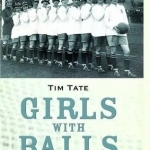
Girls With Balls: The Secret History of Women's Football
Book
Boxing Day 1920, and 53,000 men, women and children pack inside Goodison Park. The extraordinary...
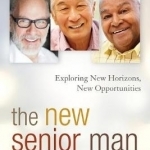
The New Senior Man: Exploring New Horizons, New Opportunities
Barbara M. Fleisher and Thelma Reese
Book
The New Senior Man: Exploring New Horizons, New Opportunities fills a gap that is already huge -and...
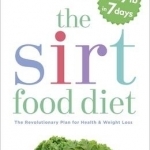
The SIRT Food Diet: The Revolutionary Plan for Health and Weight Loss
Book
Welcome to the official Sirt Food Diet - the revolutionary way to lose 7lb in 7 days. Add healthy...
Illeana Douglas recommended Harlan County U.S.A. (1976) in Movies (curated)
Sassy Brit (97 KP) rated The Hunger in Books
Jun 5, 2019
It’s kind of funny that the first time I heard of the Donner Party was on one of my favourite horror films, The Shining, written by Stephen King and directed Stanley Kubrick. Jack Nicholson acting as the character Jack Torrance, mentions the Donner Party and it’s how the name came about for the Donner Pass on Interstate 80 in Northern California. Since hearing about this in the film I was eager to look it up, so when I read the synopsis of The Hunger, I had to read it!
This book is broken up into monthly sections starting from June 1846 to April 1847. The latter of which is actually the prologue and supplies the details of the findings of one man, Lewis Keseberg, the last known survivor of the Donna Party event. This makes for an intriguing hook for the rest of the book and I couldn’t wait to see what had happened. Why had no one else survived?
The Hunger is an atmospheric re-imagining of the Donner Party disaster, which blends true horror with the supernatural and is ideal for historical, paranormal and even dark horror fans! It’s full of drama, mystery, intrigue and is downright spooky. The tension Alma Katsu adds, it amazing! I really sympathised for the families, those that had no idea what was going on, and even those that were forced to survive the only way they knew how. I don’t think I’ve ever read a story about Westward migration that is so chilling! This is a study of human endurance tested to its very limits – and beyond. How far would YOU go in order to survive?
Reiko LJ (126 KP) rated The Psychology of Time Travel in Books
Aug 13, 2018
Usually when fiction tackles time travel concepts you get glaring paradoxes, intentional blurring of details or overdone tropes but this book actually pulled it off well. Rather than focusing on the usual quandaries faced by time travelling instead we had a plethora of content I'd never even considered before!
From the humble beginnings of the four 'pioneers' in the '60s (which most books would have kept focus on) we jump forwards to the modern era and have what happened between was filled in through very natural exposition and character discovery. The result is a rich and vast world I wanted to know more and more about. What a fantastic concept to show modern day Britain with a history knocked off course by the creation of the conclave and decades of shared knowledge.
I was repeatedly impressed by the level of detail that Mascarenhas took things to (the time travel terminology/slang definitely being one of them!) and the areas she covered.
Over the course of reading this book I found myself bringing up the book in conversation at work and home. I couldn't help but talk about it. It was also at this point, in describing the book, that I suddenly realised there were no male characters of note in the book at all. This absolutely took nothing away from the story. The women in this story were fully formed and real enough to be flawed. Such a refreshing experience in sci-fi! I was pleasantly surprised by the romantic sub-plot between two women as well. This was such a natural progression of the story, with no fan-fare or overdue focus - it was just right and wonderfully depicted.
The themes covered by the book are equal parts beautiful and painful - just like life itself. What an incredible debut novel from a voice I am keen to hear more from.
----
Thank you to NetGalley and Head of Zeus for an ARC of this book in in exchange for an honest review

